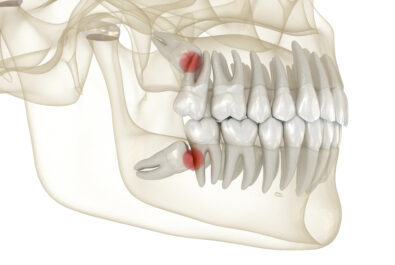Sleep disorders are one of the most difficult medical conditions to diagnose given the nature of their symptoms, but you probably already knew that. What you probably don’t know, however, is that snoring can actually indicate a sleep disorder: sleep apnea. Before you start worrying, that doesn’t mean that everyone who snores has a sleep apnea (and vice versa). In fact, there are people who don’t snore but still suffer from sleep disorders. But, when your snoring is affecting the sleep of those around you – there may be an underlying sleep problem. How can you find out?
Reaching A Sleep Apnea Diagnosis
If you’re snoring excessively loud and feeling fatigued during the day, it’s probably time to see your doctor. Often times, you won’t know that you’re experiencing other symptoms as well (assuming you are) since they occur while you’re asleep. However, your doctor will look at several factors – age, gender, weight, etc. – to determine whether you’re ‘at risk’ for a sleep disorder. If you are, or they suspect that it could be a sleep disorder, they’ll likely recommend having a sleep study done.
A sleep study is usually done in a sleep lab, which actually looks a lot more like a hotel than it does a lab, although you will be hooked up to a couple monitors. The monitors are detecting things like; your blood oxygen levels, breathing patterns, and heart rate (although that’s not all) to determine whether you’re experiencing breathing cessations throughout your sleep cycle.
The results from your sleep study will tell your doctor what they need to know in order to properly diagnose your condition. So, if you’re snoring – don’t ignore it! It never hurts to talk to your doctor about it – plus, if left untreated, sleep apnea can lead to other health complications, and no one wants that!














